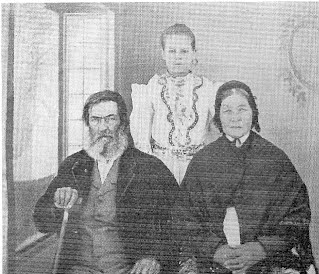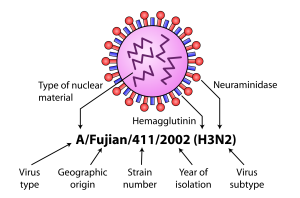1814: Swellendam. The birth of the first boer poet Daniel Christiaan Esterhuyse.
Daniel Esterhuyse grew up extremely poor, he did receive formal schooling, for a total of nine weeks after which he accepted gainful employment on the farm of a well respected farmer.
He was a lowly farm worker but he worked so very hard that he later purchased the very same farm from his boss. (Please note that this entire story is historically and factually absolutely true)
Later he started doing auctions and he founded a town called Sutherland.
He died in 1896 an extremely wealthy man but what he left behind, except for his extreme wealth, was his poetry, most famously his take on the events of 1855 (When Daniel Esterhuyse, boer poet, was 41 years of age)
The year is 1855. Daniel Esterhuyse and his two year old baby boy, that he loved dearly, was walking in the veld on one sunny day. Whilst walking he plucked some veld food and gave his son the kraaitulp to eat (wild veld food very similar to wild onions). But the species that he handed his two year old son was poisonous and he did not know that and less than an hour later his two year old son was stone cold dead. At his own hand.
This event threatened to break this man and he suffered an unimaginable emotional distress
which presented itself in some of the very first boer poetry.
written by Daniel Christiaan Esterhuyse (extracted from: Ons Klyntji – Dertig Liederen 1861)
Ach, Hermanis! ach, Hermanis!
U te missen valt mij zwaar,
daar gij vroeg van mij gegaan is
door den dood…
…op zulk een wreede wijze
kwam de dood heel onverwacht,
door het eten van een spijze,
die ‘k u zelf heb toegebracht,
sterf gij in mijn arm en schoot,
zulk een snel subieten dood.
Ach, wat is aan my gebeuren?
Ben ik dan uw moordenaar?
Heb ik dan geen stof tot treuren?
Is dat lot niet hard en zwaar?
Schoon ik heb het niet geweet,
dat gij u de dood in eet.
Echter klink die nare klanken,
dat mijn kind zijn vroegen dood
aan zijn vader heeft te danken,
O! wat is mijn smarten groot…
Daniel Christiaan Esterhuyse was grootendeels outodidak en gee uiting deur die rymskema van Gesang 68 (Eerste reel: Zalig, zalig, niets te wezen dit is dieselfde gesang waar die mens sy onbenulligheid en verganklikheid besef.)


